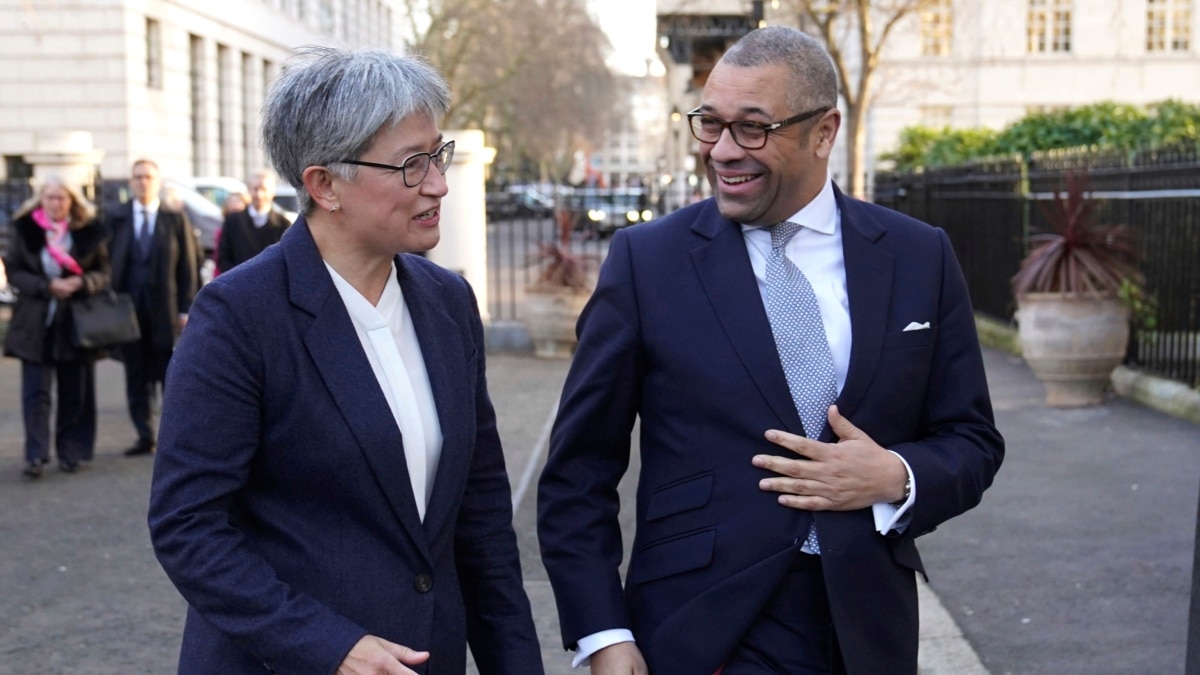Britain And Australia: Selective Sanctions And The Myanmar Conflict

Table of Contents
The Nature of British Sanctions on Myanmar
Types of Sanctions Imposed by the UK
The UK has implemented a range of sanctions against the Myanmar military junta, targeting key individuals and entities responsible for the ongoing violence and human rights abuses. These sanctions, largely enacted under the UK's Global Human Rights Sanctions Regulations 2020, include:
- Asset freezes: This prevents designated individuals and entities from accessing their assets held within UK jurisdiction.
- Travel bans: Prohibited individuals are banned from entering the UK.
- Arms embargo: A complete ban on the export of arms and related materiel to Myanmar.
Key individuals targeted by the UK include senior military leaders and those implicated in serious human rights violations, such as the systematic persecution of the Rohingya Muslim minority. The UK government regularly updates its sanctions list, adding new individuals and entities as evidence emerges of their involvement in atrocities.
Effectiveness of UK Sanctions
Assessing the effectiveness of UK sanctions on the Myanmar military regime is complex. While the sanctions aim to exert financial and political pressure, their impact is difficult to definitively quantify. Reports from human rights organizations like Amnesty International and Human Rights Watch highlight the continuing abuses despite the sanctions, suggesting limitations in their efficacy. However, the sanctions may have played a role in limiting the junta's access to certain resources and international support. Further research and analysis are necessary to fully understand the long-term effects of these measures. One unintended consequence may be the hardship inflicted upon the general population, who are already suffering under the junta's rule.
Australia's Approach to Sanctions Against Myanmar
Australian Sanctions Measures
Australia has also imposed targeted sanctions against Myanmar, mirroring the UK's approach in many respects. These sanctions, implemented under the Autonomous Sanctions Act 1971, include similar measures such as:
- Asset freezes targeting key figures in the military and those implicated in serious human rights violations.
- Travel bans preventing individuals from entering Australia.
- Arms embargoes, restricting the export of weaponry.
While there are similarities, Australia's sanctions strategy might differ in its specific targeting of individuals and entities. A comparative analysis would reveal nuances in their approach.
Assessing the Impact of Australian Sanctions
Determining the impact of Australian sanctions on the Myanmar military is equally challenging as evaluating the UK's actions. The effectiveness is debated among experts. Cooperation between Australia and the UK on sanctions is evident through information sharing and coordinated diplomatic efforts at international forums. However, limitations exist, including difficulties in enforcing sanctions effectively and mitigating their unintended consequences on the civilian population.
The Limitations and Challenges of Selective Sanctions
Evasion and Circumvention
One major challenge in the implementation of selective sanctions is the potential for evasion and circumvention. The Myanmar junta may attempt to utilize shell corporations, offshore accounts, or other methods to bypass the restrictions. International mechanisms for monitoring and enforcing sanctions, while in place, often face limitations due to resources, jurisdictional challenges, and the complexity of global financial networks.
Impact on the Civilian Population
A significant ethical concern surrounding selective sanctions is their potential negative impact on the already suffering civilian population of Myanmar. Economic hardship resulting from sanctions can exacerbate existing humanitarian needs and undermine efforts to provide aid and assistance. This necessitates a careful balancing act between targeting the military regime and mitigating harm to innocent civilians.
Conclusion: The Future of Selective Sanctions and the Myanmar Conflict
The targeted sanctions imposed by Britain and Australia on the Myanmar military junta, while a significant demonstration of international condemnation, have shown limitations in achieving their stated goals. While these sanctions aim to pressure the regime and limit its access to resources, their effectiveness is hampered by evasion and the unintended consequences on the civilian population. The future of sanctions policy regarding Myanmar requires careful consideration. Increased international cooperation in monitoring and enforcing sanctions, along with exploring alternative measures to mitigate the humanitarian impact, are crucial steps. Continued efforts to hold the perpetrators of human rights abuses accountable, along with sustained international pressure, remain essential to resolving the Myanmar conflict. Stay informed about developments in Myanmar and the ongoing efforts to address the crisis through targeted sanctions and other measures. Your awareness and engagement can make a difference in advocating for human rights and promoting peace in Myanmar.

Featured Posts
-
 Son Receives Strength From Imprisoned Fathers Message
May 13, 2025
Son Receives Strength From Imprisoned Fathers Message
May 13, 2025 -
 Devon Sawa Hints At Final Destination 25th Anniversary Return
May 13, 2025
Devon Sawa Hints At Final Destination 25th Anniversary Return
May 13, 2025 -
 Blgarskite Spomeni Na Dzherard Btlr Snimki I Detayli
May 13, 2025
Blgarskite Spomeni Na Dzherard Btlr Snimki I Detayli
May 13, 2025 -
 Cassie Ventura And Alex Fines Mob Land Premiere A Pregnant Red Carpet Moment
May 13, 2025
Cassie Ventura And Alex Fines Mob Land Premiere A Pregnant Red Carpet Moment
May 13, 2025 -
 Exploring The Story Interpreting The Messages Within Tory Lanezs Album Peterson
May 13, 2025
Exploring The Story Interpreting The Messages Within Tory Lanezs Album Peterson
May 13, 2025
